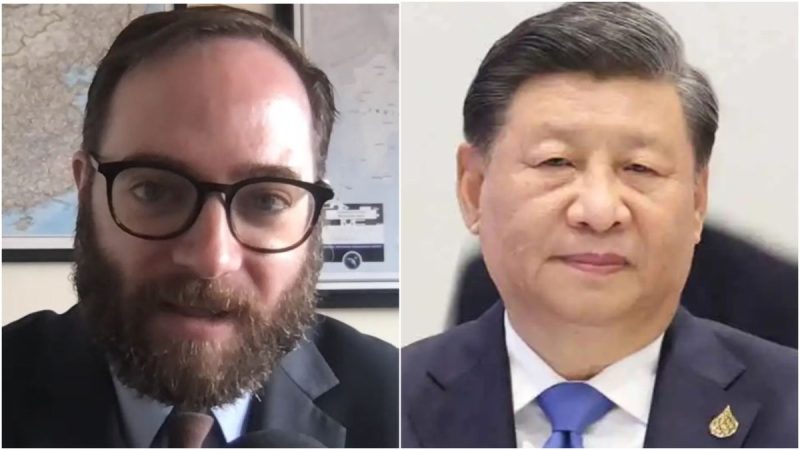In a world marked by geopolitical tensions and power struggles, the United States faces a formidable opponent in the form of China, with the two nations engaged in what some perceive as a modern-day Cold War. As the global balance of power continues to shift, it has become increasingly crucial for the US to develop and execute effective offensive strategies to secure its interests and maintain its position on the world stage. A prominent foreign policy expert has shed light on two key offensive strategies that the US must seize on to emerge victorious in this high-stakes competition.
The first offensive strategy highlighted by the expert is the imperative need for the US to bolster its alliances and partnerships with like-minded nations. In an era where the international order is being tested by the rise of aggressive revisionist powers, such as China, the US cannot afford to go it alone. By forging strong alliances with countries that share its values and strategic interests, the US can create a united front that will serve as a powerful deterrent to Chinese aggression. Additionally, these alliances can provide the US with crucial support in areas such as trade, technology, and military cooperation, bolstering its overall position in the global arena.
Furthermore, the expert emphasizes the critical importance of investing in cutting-edge technologies as part of a comprehensive offensive strategy against China. In today’s world, technological superiority plays a central role in shaping the balance of power between nations. China has demonstrated its formidable capabilities in areas such as artificial intelligence, cybersecurity, and quantum computing, posing a significant challenge to US dominance. To maintain its edge, the US must prioritize research and development in key technological fields, ensuring that it stays ahead of China in this critical domain. By harnessing the power of innovation and emerging technologies, the US can not only safeguard its national security but also drive economic growth and competitiveness on the global stage.
In conclusion, the US finds itself at a critical juncture in its competition with China, with the need for effective offensive strategies more pressing than ever. By leveraging its alliances and partnerships with like-minded nations and investing in cutting-edge technologies, the US can enhance its position and counter Chinese efforts to undermine the international order. The insights provided by the foreign policy expert serve as a valuable blueprint for guiding US policy in the challenging landscape of great power rivalry. Only by seizing on these key offensive strategies can the US hope to emerge victorious in the cold war with China and safeguard its interests in the face of rising global competition.

